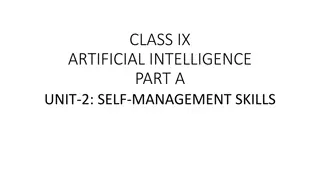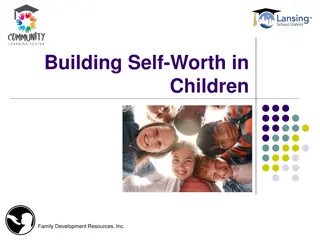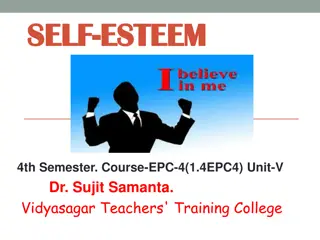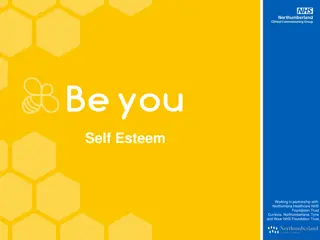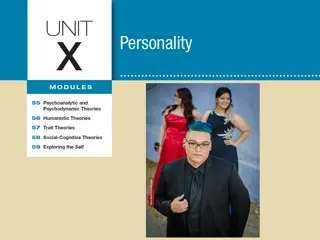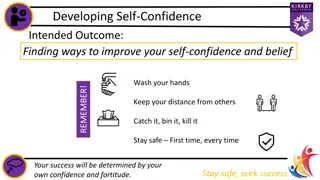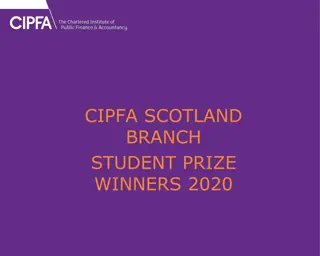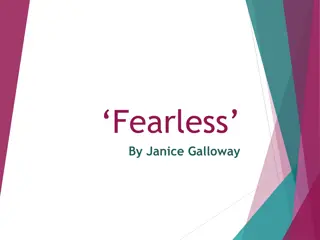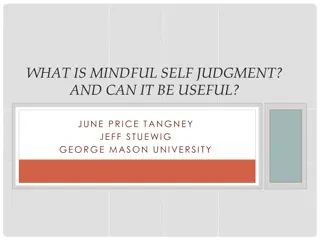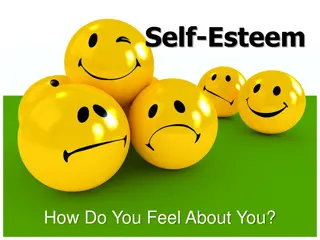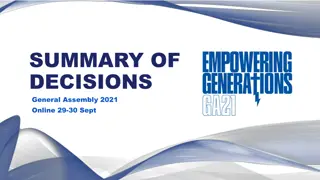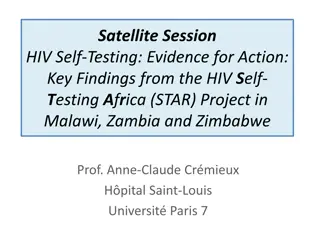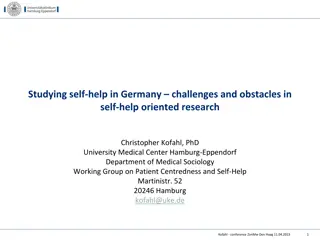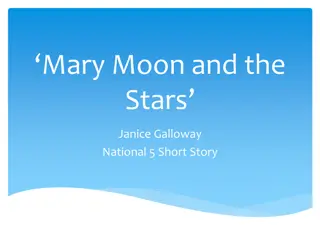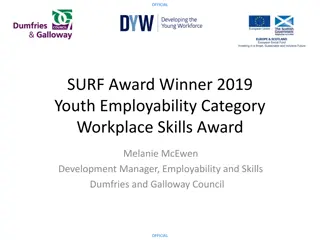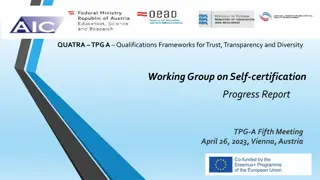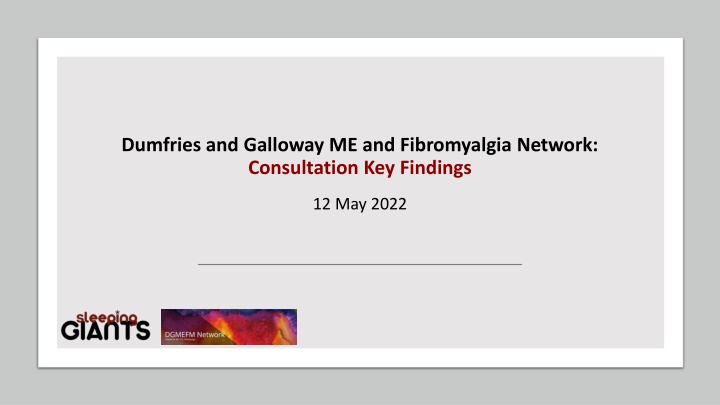
Key Findings on Self-Management in Dumfries and Galloway
Examine key findings from the consultation by Dumfries and Galloway ME and Fibromyalgia Network on self-management principles among those with lived experience and partner agencies. Explore the contrasts in perceptions and experiences, shedding light on the effectiveness and delivery of support services for individuals with long-term conditions.
Download Presentation

Please find below an Image/Link to download the presentation.
The content on the website is provided AS IS for your information and personal use only. It may not be sold, licensed, or shared on other websites without obtaining consent from the author. If you encounter any issues during the download, it is possible that the publisher has removed the file from their server.
You are allowed to download the files provided on this website for personal or commercial use, subject to the condition that they are used lawfully. All files are the property of their respective owners.
The content on the website is provided AS IS for your information and personal use only. It may not be sold, licensed, or shared on other websites without obtaining consent from the author.
E N D
Presentation Transcript
Dumfries and Galloway ME and Fibromyalgia Network: Consultation Key Findings 12 May 2022
Background: Background: DGMEFM commissioned Sleeping Giants to consult with local stakeholders and people with one or more of the conditions supported by the network Aim: to establish the need for and feasibility of 3 project ideas Develop experts in the conditions by: 1. Working with NHS Dumfries and Galloway to identify or recruit a clinical lead or champion, who would then provide specialist support to NHS staff and raise awareness 2. The development of an expert patient mentoring scheme for those who are newly diagnosed, with the expert patients to offer peer mentoring support 3. Expand services for people with the conditions through changes that include the development of a volunteer befriending project for the most isolated individuals
What we did: What we did: Surveys: Surveys: 27 people from partner agencies completed an online survey 53 people with a condition completed a separate online survey, 32 of whom had ME/CFS, 28 fibromyalgia and 4 long COVID Interviews: Interviews: 11 local stakeholders from health and social care services took part in an interview Focus Groups: Focus Groups: 4 focus groups were held with partner agencies 1 focus group was held with people with ME/CFS, FM or long COVID Network Facebook Page: Network Facebook Page: People with ME/CFS, FM or long COVID fed back their views via questions asked on a private Facebook page
Health and Social Care Alliance and Health and Social Care Alliance and Gaun Yersel Yersel! ! Gaun Self management for people with a long term condition: - Better informed about their condition(s) Better prepared for everyday challenges Better supported when they need it - - Source: Gaun Yersel! (p70)
Key Findings: Key Findings: Experiences of the principles of self management amongst people with lived experience were mixed and contrasted with partner agency perceptions of how they were delivered Lived Experience Survey: Partner Agency Survey: Always Sometimes Often Seldom Unsure Always Often Sometimes Seldon Never When I'm asked by services about my care and support, questions value my experience and focus on more than just medical and financial aspects of my life. When my service asks service users about their care and support, questions value their experience and focus on more than just medical and financial aspects of their lives 19 2 2 4 2 4 8 17 19 My service meets service users' needs along their life journey with support aimed at improving their physical, emotional, social and spiritual wellbeing My needs are met along my life journey with support aimed at improving my physical, emotional, social and spiritual wellbeing. 14 4 4 1 4 5 5 12 22 7 Professionals communicate with me effectively. They help ensure I have high quality, accessible information. My service communicates with service users effectively. We help ensure they have high quality, accessible information 10 1 10 2 4 3 3 18 16 10 My service supports individuals' right to make decisions Professionals support my right to make decisions. 18 2 3 1 3 4 8 20 11 6 My service ensures that service users are the leading partners in the management of their healt /care I am the leading partner in the management of my health. 14 5 2 1 5 31 10 9 0 5 10 15 20 25 30 0 10 20 30 40 50 60
Key Findings: Key Findings: Almost all lived experience survey respondents said that there is a stigma surrounding people with ME, CFS, Fibromyalgia and or/ Long Covid and over half (27, 54.0%) felt unsupported by services in the management of their condition People think it's made up and dont take it seriously Because you do not always look unwell people do not believe the problems you have People don't fully understand and think we all get tired, and don't understand the intensity of the fatigue and pain and the other symptoms that comes with this General lack of belief in ME and lack of knowledge and understanding
Count Count Percent Percent Key Findings: Key Findings: Confidence made it difficult for people with the conditions to access services Confidence Confidence Disability Disability Mental health Mental health Geographical location Geographical location 20 16 15 11 37.7% 30.2% 28.3% 20.8% Personal finances Personal finances Lack of transport Lack of transport Caring responsibility Caring responsibility 7 7 6 13.2% 13.2% 11.3% Gender Gender Age Age Ethnic background Ethnic background Religion or belief Religion or belief Sexual orientation Sexual orientation Transgender status Transgender status 4 3 0 0 0 0 7.5% 5.7% 0.0% 0.0% 0.0% 0.0%
Key Findings: Key Findings: Support for all three project ideas was high amongst people with lived experience and partner agencies Number of Lived Experience Respondents Perceiving Project Ideas to be Helpful Number of Partner Agency Respondents Perceiving Project Ideas to be Useful Yes Unsure Yes No Unsure 50 25 43 45 22 21 20 40 20 37 33 35 15 30 25 10 20 4 5 3 14 15 2 2 1 1 10 10 0 3 5 Identifying a clinical lead within the Health and Social Care Partnership Training 'expert patient mentors' Setting up a befriending service 0 Clinical lead Expert patient mentors Befriending service
Key Findings: Key Findings: Implementation of the projects faced key challenges Identifying a service who could take on the clinical lead role and ensure that it was appropriately embedded Expert patient mentors need to be appropriately trained and supported Creating a role in the absence of a co- ordinated or structured approach Need sufficient back up mentors to allow for fluctuations Needs will be different at different stages of the conditions
Final thoughts and recommendations: Final thoughts and recommendations: Change is needed in the care and support available to people with the conditions Raising awareness and understanding of the conditions amongst professionals should be prioritised in any change initiative Idea of a new clinical lead/champion was supported what role could they play in the change process/ raising awareness? Given the importance of their support, need to consider how best to engage family and friends with DGMEFM Potential role for DGMEFM and expert patient mentors in increasing confidence of people with a condition to navigate health and social care Further consultation could help to develop the scope of each of the project ideas Need to consider emerging national and local policy context in their development

